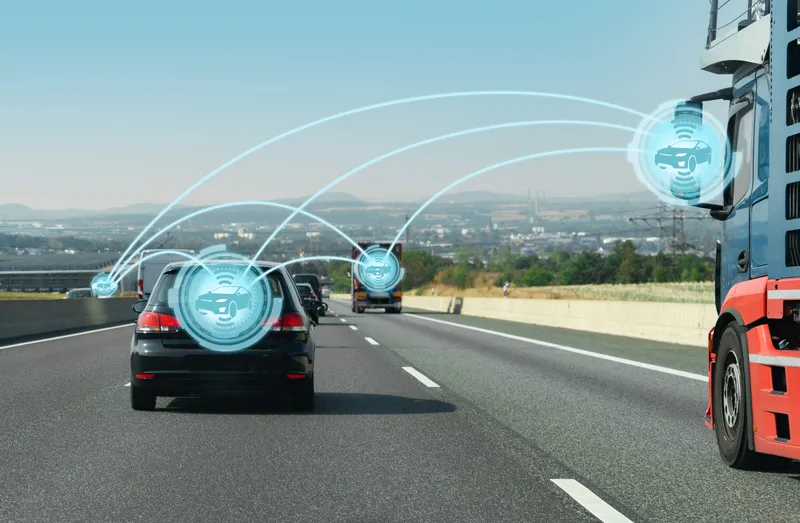ECOtality has announced a partnership with Car2go, a subsidiary of Daimler North America Corporation, to provide electric vehicle charging infrastructure to support what is being claimed as the first 100-per cent electric car sharing programme in North America. With plans for approximately 300 Smart Fortwo electric drive vehicles, the programme in San Diego represents the largest fleet of EVs in the United States.
April 19, 2012
Read time: 2 mins
RSS276 ECOtality has announced a partnership with 4190 Car2go, a subsidiary of 2069 Daimler North America Corporation, to provide electric vehicle charging infrastructure to support what is being claimed as the first 100-per cent electric car sharing programme in North America. With plans for approximately 300 Smart Fortwo electric drive vehicles, the programme in San Diego represents the largest fleet of EVs in the United States.
“Innovative car-sharing programmes like Car2go’s service are pivotal to encouraging the mainstream adoption of electric vehicles,” said Jonathan Read, CEO of ECOtality. “As we deploy approximately 1,000 Blink charging stations in the San Diego region as part of The EV Project, we are creating the robust public infrastructure necessary for Car2go’s programme to succeed. Together, we will show that EVs are a perfect fit for the lifestyle of San Diego drivers.”
Car2go’s all-electric programme will begin in San Diego in late 2011. The company provides a total of more than 40,000 members with more than 1,000 low-emission smart fortwo vehicles in four cities.
ECOtality is currently installing approximately 1,000 publicly available Blink charging stations throughout the San Diego region as part of ‘The EV Project’. Data collected by the charging stations will be analysed to better understand how EV drivers charge their car, and help to guide future rollouts of commercial charging stations.
ECOtality is the project manager of The EV Project and will oversee the installation of approximately 14,000 commercial and residential charging stations in 18 major cities and metropolitan areas in six states and the District of Columbia. The project will provide an EV infrastructure to support the deployment of 8,300 EVs. The project is a public-private partnership, funded in part by the U.S. Department of Energy through a federal stimulus grant and made possible by the American Recovery and Reinvestment Act (ARRA).
“Innovative car-sharing programmes like Car2go’s service are pivotal to encouraging the mainstream adoption of electric vehicles,” said Jonathan Read, CEO of ECOtality. “As we deploy approximately 1,000 Blink charging stations in the San Diego region as part of The EV Project, we are creating the robust public infrastructure necessary for Car2go’s programme to succeed. Together, we will show that EVs are a perfect fit for the lifestyle of San Diego drivers.”
Car2go’s all-electric programme will begin in San Diego in late 2011. The company provides a total of more than 40,000 members with more than 1,000 low-emission smart fortwo vehicles in four cities.
ECOtality is currently installing approximately 1,000 publicly available Blink charging stations throughout the San Diego region as part of ‘The EV Project’. Data collected by the charging stations will be analysed to better understand how EV drivers charge their car, and help to guide future rollouts of commercial charging stations.
ECOtality is the project manager of The EV Project and will oversee the installation of approximately 14,000 commercial and residential charging stations in 18 major cities and metropolitan areas in six states and the District of Columbia. The project will provide an EV infrastructure to support the deployment of 8,300 EVs. The project is a public-private partnership, funded in part by the U.S. Department of Energy through a federal stimulus grant and made possible by the American Recovery and Reinvestment Act (ARRA).









